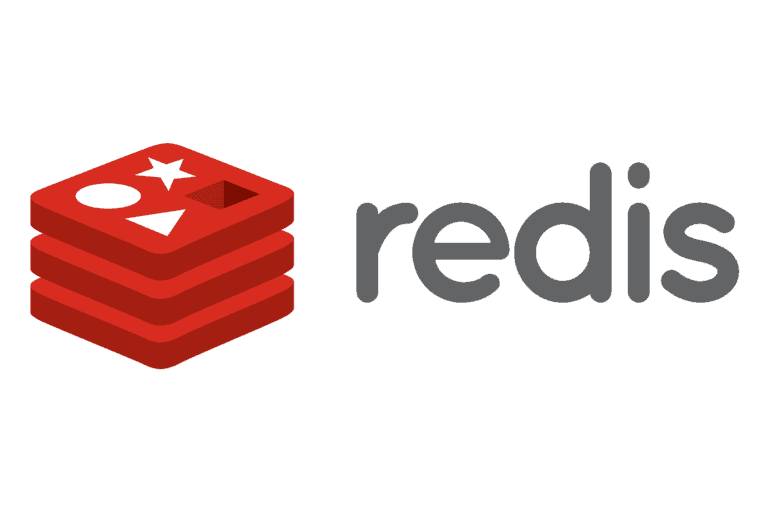RedisJSON 2.0 makes it convenient to store, index, and search data through its world-class database system.
Performance limitations due to extensive working are prevailing among humans and machines. Incompetent databases make it hard for technical workers to store and update data in a computer system.
Redis has released JSON 2.0 – an in-memory database system to ease these complications. This high-performance document store is an affordable system that focuses on memory instead of saving data on disks
JSON encompasses a thin data-interchange style that makes writing, reading, and storing data easy. It transfers data from one format to another through a typical JavaScript function rather than a particular parser. Numerous browsers and servers use JSON to structure textual data.
RedisJSON speeds up working by top-tier indexing capabilities
Redis focused on upgrading JSON as, according to their estimates, around 60% of the users are utilizing it. As a result of this, they improved the speed of JSON by quickly indexing documents. It comprises synchronous indexing that updates the index with every read or writes so that subsequent search queries reflect the last update.
The co-founder and chief technology officer of Redis, Yiftach Shoolman, says, “In the new version, every document you add can immediately be indexed and searched.”
Furthermore, JSON allows data to be queried at more than one location with sub-second response times. Redis ensures that JSON’s throughput is 12 times quicker and that reading, writing, and searching options are fifty times faster than MongoDB, a leading cloud database. It improves response time by performing atomic operations on sub-elements in-memory to support atomic updates.
JSON is a high-performance and developer-friendly system that provides full support for popular languages including JavaScript, Python, Java, and C#. Additionally, it also supports other platforms like ASP.NET, the Spring, Django, and Node.js. The top-tier capabilities of JSON bring it to parity with the different file formats of Redis.
TIP: Oracle integrates MongoDB JSON workloads with Autonomous Database
